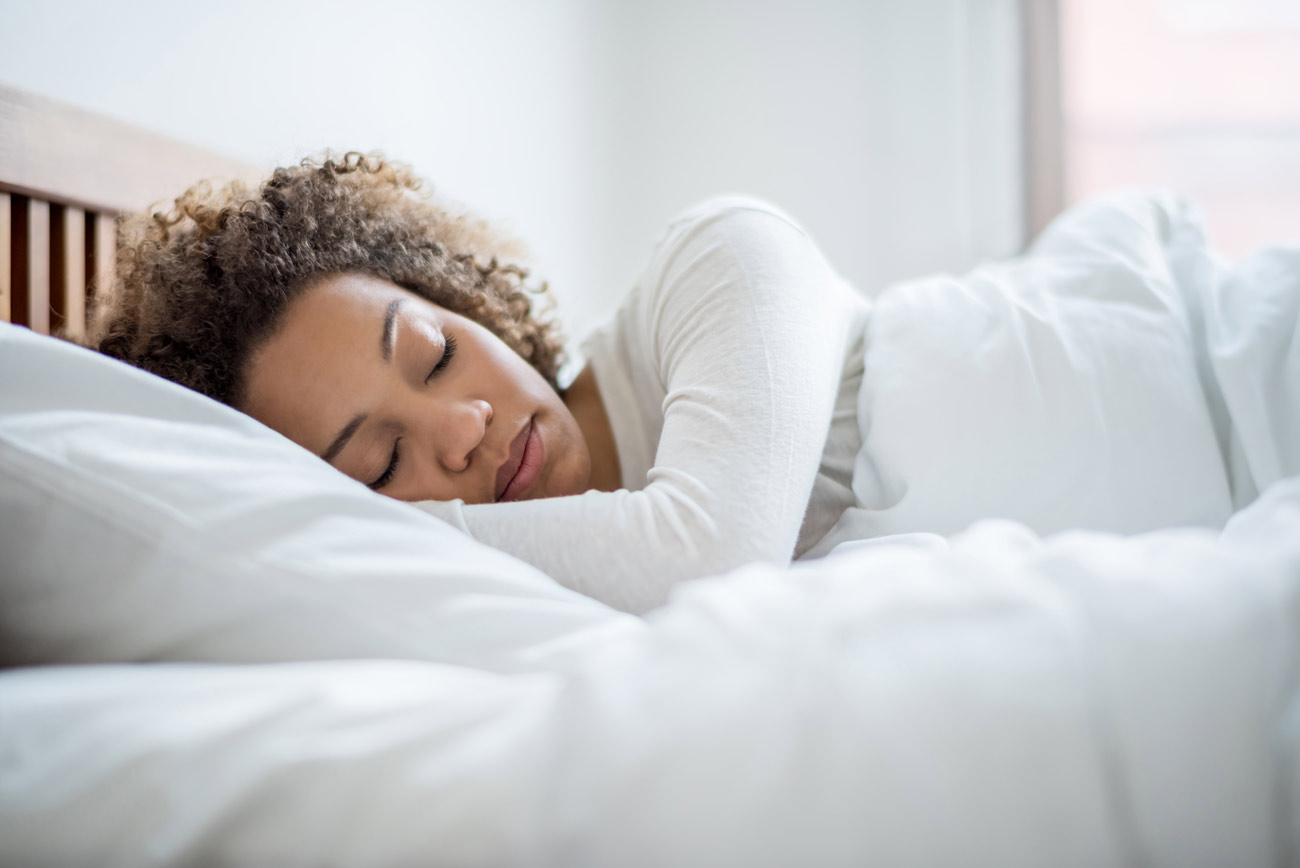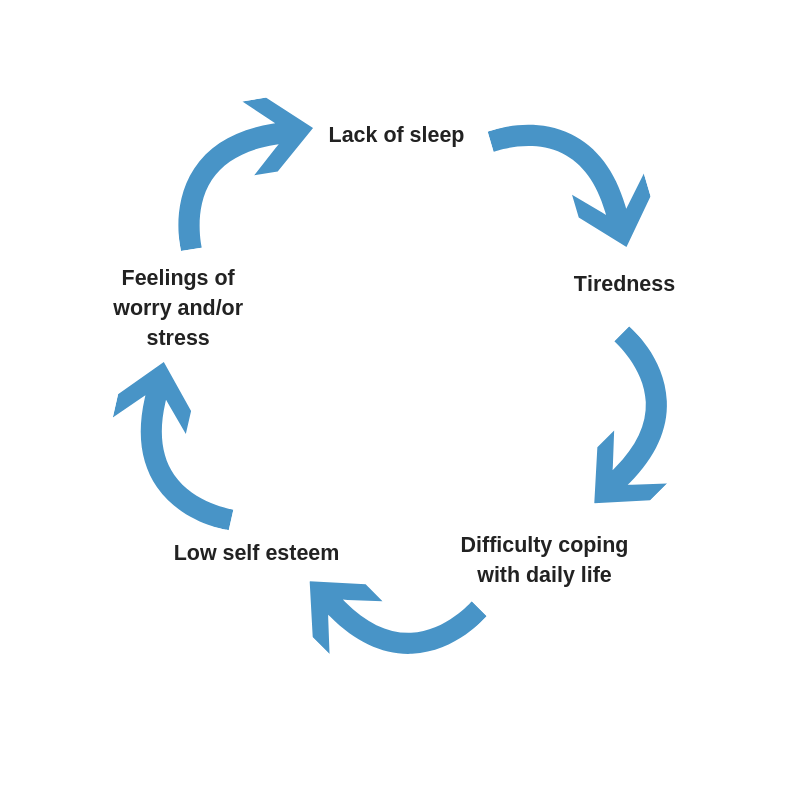
Sleep And Mental Health
It’s not unusual to experience the odd night where it’s difficult to fall or stay asleep, but the inability to sleep for an extended period of time is called insomnia. It is thought that around a third of Brits will have insomnia at some point in their lives. Sleep and mental health are closely linked; not getting enough sleep leads to fatigue and reduced quality of life which in turn can have an influence on your mental wellbeing. If you already suffer with anxiety or depression, sleep deprivation can prove particularly difficult.
Typically we spend around a third of our lives sleeping. Although it’s often recommended that we need at least eight hours of sleep a night, the Mental Health Foundation Sleep Report states that the amount of time an average adult needs to sleep actually differs from person to person, and can range between five and 11 hours.
Sleep improves learning and memory capabilities, and helps emotional health. When you sleep your brain processes information from the day, and your body heals and recuperates. When sleep is disturbed, the body is unable to do these things sufficiently.
Sleep deprivation can weaken the immune system and affect our psychological state, contributing to us feeling anxious and stressed. Symptoms of insomnia include:
- Finding it difficult to go to sleep;
- Feeling tired once you’ve woken up;
- Waking up multiple times through the night;
- Feeling irritable and sleepy during the day;
- Reduced concentration.
For a full list of insomnia symptoms see here.
The impact of sleep on mental health
Insomnia isn’t just a symptom of some psychiatric illnesses, it can fuel them and make them worse. Insomnia is prevalent in those with anxiety and depression; although it’s estimated that between 15-40% of those with depression can also experience oversleeping (though this doesn’t mean they feel any less tired). Anxiety, which is often seen alongside depression, can cause racing thoughts and in turn disturb sleep.
“The impact of insomnia on mental health and wellbeing is significant. A problem sleeping is often a sign that something is wrong. And whilst an issue sleeping on its own is unlikely to cause mental health issues, it can certainly be a contributing factor. The relationship between lack of sleep and mental health is cyclical – one can feed the other and vice versa.” explains Dr Rafael Euba, Consultant Psychiatrist at The London Psychiatry Centre.
“It is a vicious cycle of poor sleep, unhelpful behaviours and thought patterns, but with the right help and a targeted approach, this can be treated effectively. Treatments like antidepressants can disrupt sleep and so at The London Psychiatry Centre, if appropriate, we may look to treat depression with repetitive Transcranial Magnetic Stimulation (rTMS).”
The diagram here highlights the circular relationship between sleep and mental health.

Treatment for depression and anxiety
It’s essential to ensure you’re getting effective treatment for your depression and/or anxiety. The team at The London Psychiatry Centre are highly experienced at treating both of these, and can help you take control of your life again.
We often see patients at the clinic who have both anxiety and depression. Our psychiatrists and therapists may prescribe a mixture of medication (either temporarily or long term) for anxiety, along with specialised counselling.
There are a number of treatment options for depression. Dr Euba explains: “Some people find antidepressants, combined with psychotherapy, effective, but many struggle with side effects. At The London Psychiatry Centre we have successfully treated many patients who didn’t respond to antidepressants with rTMS.”
rTMS is a non-invasive drug-free treatment for depression which has long-lasting results and often helps with sleep problems. rTMS treatment for depression is an alternative to traditional treatment and has a very high success rate when administered at The London Psychiatry Centre.
“We have seen that ⅔ of patients recover from depression with rTMS at The London Psychiatry Centre. It’s great to see such compelling results and to see how this treatment has changed the life of so many.” says Dr Euba. Indeed, the clinic has treated the most patients in the UK and also has the highest success rates in the UK.
Tips for better sleep
Dr Euba says: “Alongside seeking treatment for depression and anxiety, it’s useful to take steps to improve your quality of sleep by keeping good sleep hygiene. Putting a bedtime routine into place that involves cutting out caffeine after midday, not using screens for an hour before you sleep, maintaining a regular bedtime, and ensuring the room is cool and dark are all steps that can be implemented.
“Ultimately, one of the most important things you can do is to get help for any underlying mental illness; whether it’s depression, anxiety or another psychiatric illness, our specialists can support you on the road to recovery and give you the help you need.”
Get help for depression without the wait. If you’ve any questions you’d like answered, or would like to book a consultation with one of our rTMS specialists, please call our administration team on 020 7580 4224.


